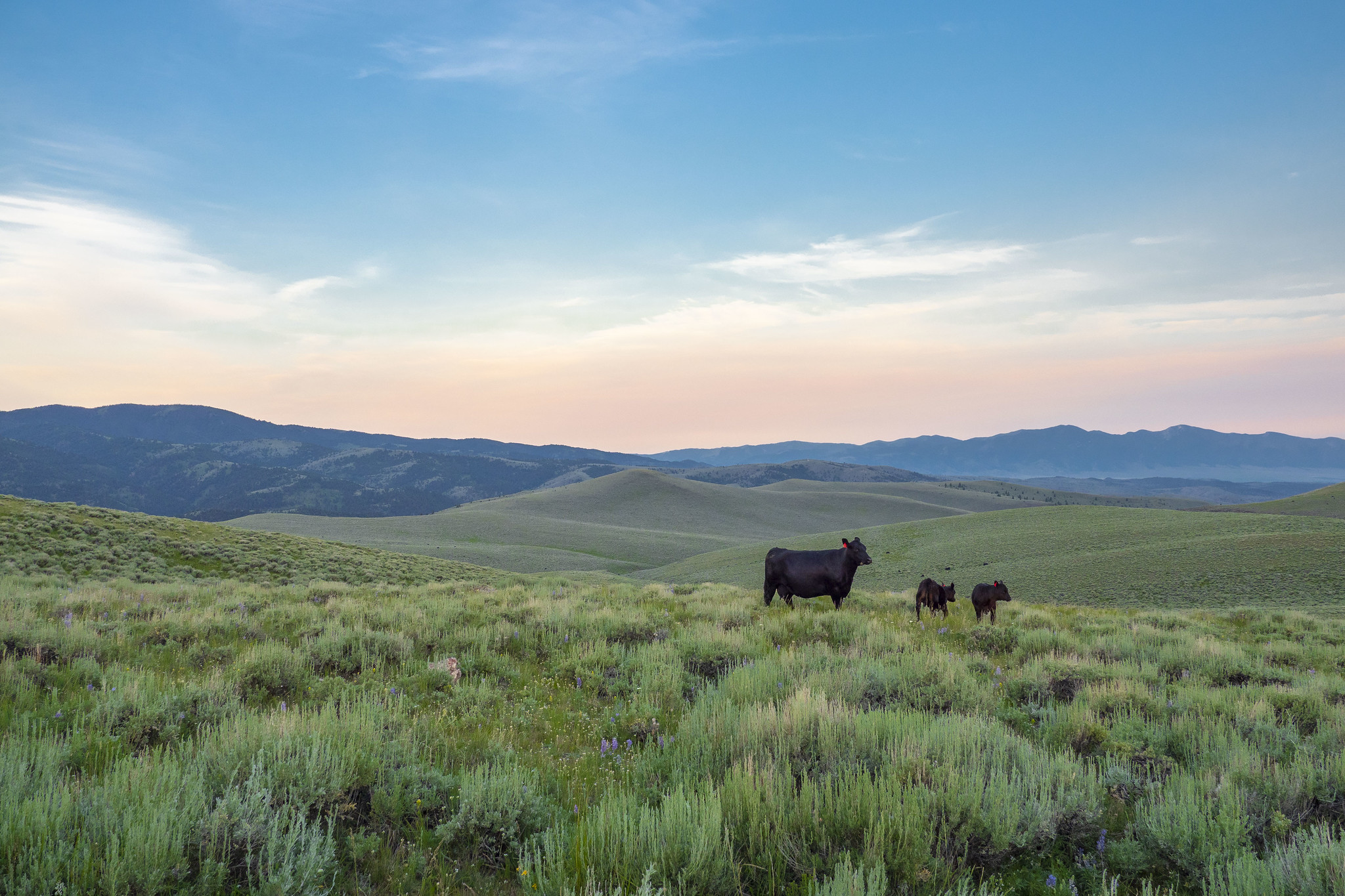
Range Management
Within range management jobs you will assist with a wide range consisting of livestock grazing, recreational opportunities, healthy watersheds, fire management, and wildlife habitat. You should be passionate for the outdoors and have an interest in scientific management, protection, and development of grasslands and other range resources. You may expand to analyzing and protecting natural resources, developing programs and standards for rangeland use and preservation, and advising officials and landowners on rangeland management practices.
Industry Insights
A high-level pulse check on talent demand, projected growth, compensation, and how work typically happens across this pathway.
Estimated employment nationwide in 2024
BLS job outlook (2024–2034)
Mid-career annual salary (nationwide median)
How the work is typically performed
Seasonal peaks tied to grazing and growing seasons
Active openings across the FireUp network
Career Pathways & Progression
Position Responsibilities
Entry‑level positions (GS‑3 to GS‑5) provide hands‑on experience in rangeland monitoring and grazing permit processing. Employees assist with data collection, measure forage and soil conditions, evaluate grazing allotment applications and support range improvement projects under supervision.
Job Types & Titles
- Range Aid/Technician
- Range Conservation Intern
- Seasonal Range Assistant
Qualifications Snapshot
Education
High‑school diploma plus some college coursework in natural resources; many positions require progress toward a bachelor’s degree in range management or related discipline.
Certifications
None required; completion of introductory rangeland ecology courses or safety trainings is beneficial.
Experience
0-1 years field or ranch experience; internships or seasonal positions build familiarity with rangeland practices.
Position Responsibilities
Technicians support professional range managers by conducting vegetation inventories, collecting monitoring data and implementing grazing plans. They may process permit applications and coordinate with stakeholders to ensure compliance with land‑use regulations.
Job Types & Titles
- Rangeland Technician
- Range Monitoring Specialist
- Soil and Water Technician
Qualifications Snapshot
Education
Associate or bachelor’s degree in range management, natural resources, ecology or a related field meeting federal qualification standards.
Certifications
Associate Rangeland Manager (ARM) for California applicants or progress toward CPRM certification.
Experience
1-3 years of field experience, internships or seasonal work in rangeland data collection and grazing management.
Position Responsibilities
Professional range managers (GS‑9/11 or equivalent) design and implement range management plans, conduct ecological analyses and negotiate multi‑use agreements. They assess vegetation trends, plan range improvements, coordinate fire and invasive species control and advise landowners and agencies on sustainable grazing.
Job Types & Titles
- Range Management Specialist
- Range Ecologist
- Rangeland Conservationist
Qualifications Snapshot
Education
Bachelor’s degree in range management, rangeland ecology, natural resource management or a related discipline that meets Office of Personnel Management standards.
Certifications
Certified Professional in Rangeland Management (CPRM) or state Certified Rangeland Manager (CRM) for California
Experience
3-7 years of progressively responsible experience in range assessment, grazing plan development and stakeholder coordination; master’s degrees can substitute for some experience.
Position Responsibilities
Managers and program leaders oversee rangeland programs at district, state or federal levels. They supervise staff, approve management plans, negotiate interagency agreements, secure budgets and ensure compliance with environmental laws. They often represent agencies in policy discussions and community engagement.
Job Types & Titles
- Rangeland Program Manager
- District/Regional Range Supervisor
- Chief Range Conservationist
Qualifications Snapshot
Education
Bachelor’s degree required; master’s degree in rangeland ecology, natural resources or public administration preferred.
Certifications
CPRM or CRM plus continuing education requirements; leadership training and project management certifications are advantageous.
Experience
7+ years of professional rangeland management experience including supervisory and budget responsibilities.
Who Hires Range Management Professionals?
Explore leading organizations in this field and discover career opportunities.
Bureau of Land Management (BLM)
Natural Resources Conservation Service (NRCS)
U.S. Forest Service
U.S. Fish and Wildlife Service
Bureau of Indian Affairs (Indian Affairs)
Texas Parks and Wildlife Department
Washington State Department of Natural Resources
The Nature Conservancy (TNC)
Y2 Consultants (Range Science & Planning)
Education & Certification
Lay the foundation for your career with the right education and stand out with professional certifications.
Academic Programs
Professional Certifications
Microcredentials & Specialized Training
Words from the Field
Hear from professionals who have built successful careers in range management.
No testimonials yet. Want to highlight your own pathway story?
Share your testimonialResources & Tools
Curated guides, videos, and communities to help you level up quickly.
Video Library
Member Spotlight
Member Spotlight
Jobs in Range Management
Still Deciding?
Use our tools and resources to explore range management and related fields.
Explore Your Options
Not sure where to start? Let us help you match your skills to your next career move, or get alerts for jobs that fit your goals.

